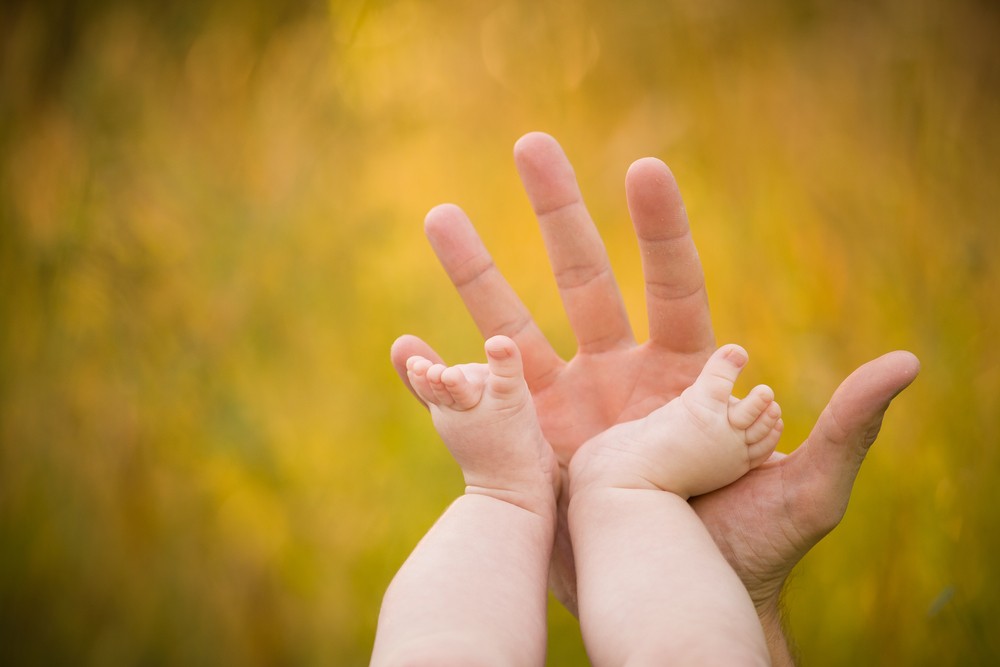Popular Reads
Top Results
Can't find what you're looking for?
View all search resultsPopular Reads
Top Results
Can't find what you're looking for?
View all search resultsLives shattered by South Africa's forced sterilizations
South Africa's Commission for Gender Equality (CGE) said it uncovered "cruel, torturous or inhumane and degrading treatment" targeting black women who were mostly HIV positive.
Change text size
Gift Premium Articles
to Anyone
F
our years ago, Bongekile Msibi, already a mother of a now 15-year-old girl, consulted a doctor after trying unsuccessfully to have a second child.
She was shocked, shattered and bewildered, she said, when the doctor told her that she could not conceive because she did not have a uterus.
"I couldn't comprehend what the doctor was saying. How possible is that because I have [had] a baby [before]?" the 32-year-old told AFP, holding back tears.
"That means I had a uterus."
She traced her steps back to the only hospital she had ever been admitted to, Johannesburg's Chris Hani Baragwanath, one of the largest healthcare centers in Africa.
There, she said that an obstetrician nonchalantly told her that her uterus was removed after she delivered her baby in 2005.
She is one of dozens of women whose lives were wrecked by forced sterilization conducted at 15 public hospitals in the country's largest provinces of Gauteng and Kwa-Zulu Natal, a recent investigation found.
'Cruel, torturous, inhumane'
In a scathing report published last week where it documented 48 cases of coerced sterilizations, South Africa's Commission for Gender Equality (CGE) said it uncovered "cruel, torturous or inhumane and degrading treatment" targeting black women who were mostly HIV positive.
The procedures -- mostly undocumented in the hospitals' records -- were conducted on women who gave birth via caesarean section between 2002 and 2015.
While Msibi is not HIV-positive, she was just 17 years old at the time of the procedure.
When she returned to the hospital in 2016, she was told the step had been taken to save her life -- although nobody had informed her of this at the time.
South African health laws forbid forced or coerced sterilization, although doctors may sterilize without consent in special circumstances, to save a life.
Tamara Mathebula, who heads the CGE, told AFP that the probe revealed that in most cases healthcare professionals told patients that sterilization was necessary "because you are HIV-positive, because you have TB [tuberculosis], because we feel you have too many babies... you are poor, we can't allow you to continue".
But "that's not the compelling reason for a doctor or a nurse, to tie your tubes, or to take out your uterus," she said.
In testimonies to the commission, victims claimed that hospital staff had threatened to deny them medical attention if they refused to sign the consent papers, the report said.
Others were forced to sign while in "extreme pain", unaware of what they were consenting to, it added.
But for Msibi, there was no consent form, nor were there records to show what procedure was done on her.
For the past three years, she has waged an uphill battle -- writing to, and staging a sit-in at, the health department -- in search of answers about her missing uterus.
'Playing God'
But "the department lacks empathy and sympathy, they are very insensitive", she said.
"It's as if they just removed a nail and it will grow back. You are just treated like someone who is annoying," Msibi said, at her house in the district of Boksburg, east of Johannesburg.
"I can't just sit back and be okay with the fact that I don't have a uterus, I don't even know why I don't have a uterus."
"There is that feeling that, 'I'm not complete'".
After the report was published, the health ministry agreed to meet the complainants, but that brings little comfort to the women.
Msibi, like many of the other victims, broke up with her partner after the shocking revelation.
"My relationship with my ex-fiancé ended, we had to break up because he wanted children and I could not give him children," a teary eyed Msibi said, accusing the doctors of taking "advantage" of women and playing "God".
"They feel entitled to do whatever they want to do," she said.
The national health ministry has noted the report.
As well as having agreed to meet the complainants, Lwazi Manzi, the ministry's spokeswoman, said it was trying to arrange a meeting with the gender commission.
But the CGE wants the Health Professions Council of South Africa to investigate the medical professionals involved.










